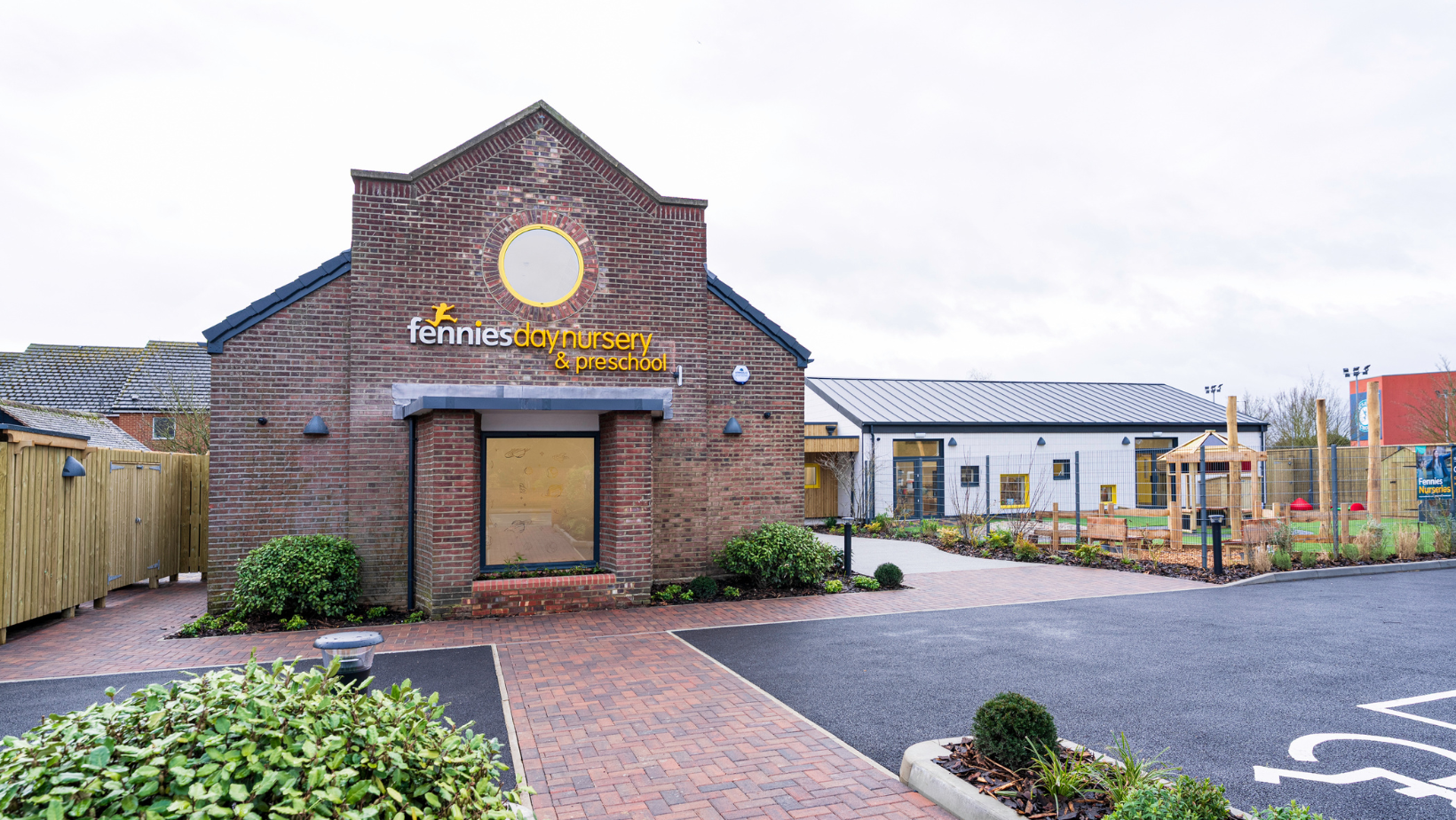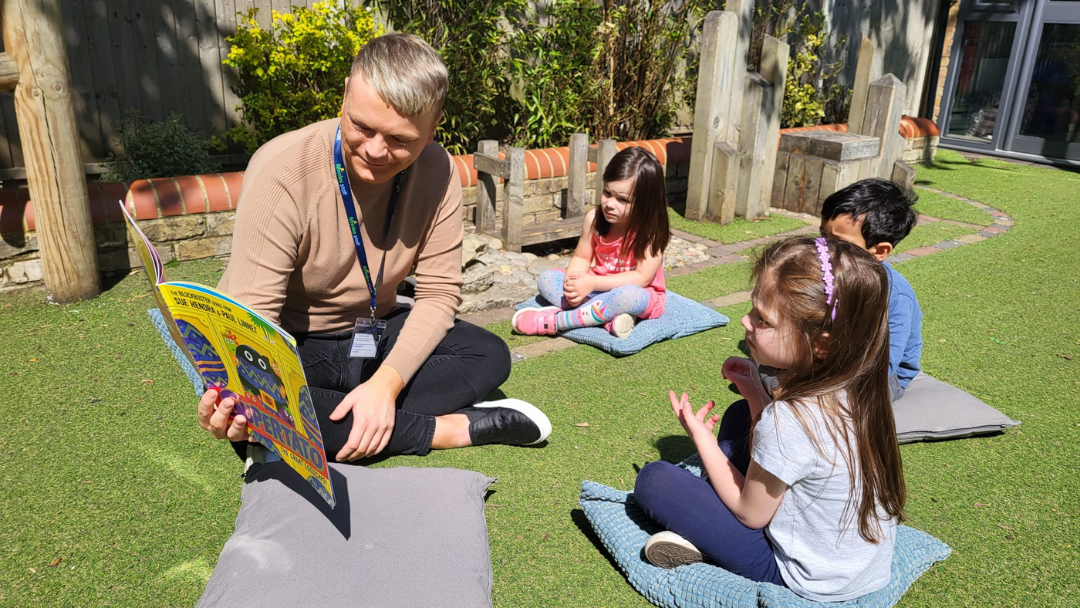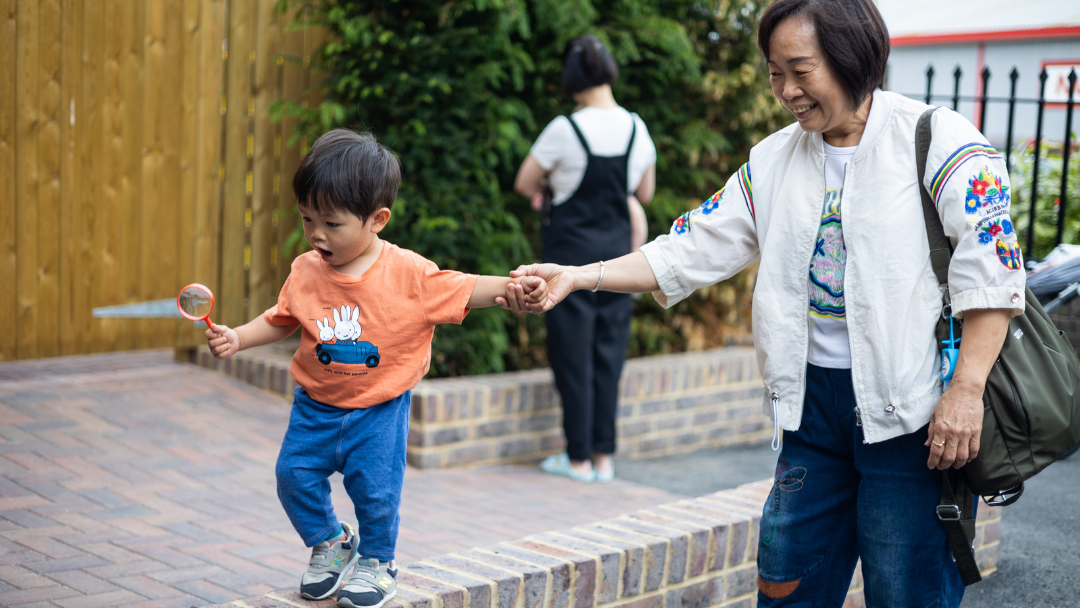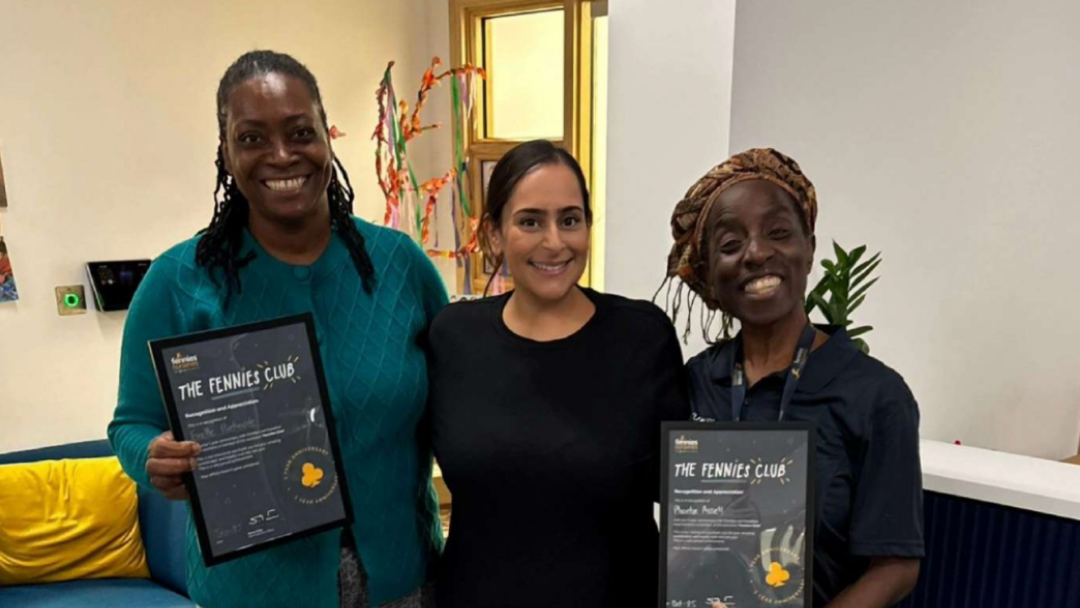How to Enhance Your Child’s Learning & Development Through Effective Interactions
Constructing effective interactions is how we stimulate children’s minds through communication, both at home and in nursery, it is crucial for enhancing learning, building self-esteem, and developing language skills.
How to Enhance Your Child’s Learning & Development Through Effective Interactions
The extent to which children progress depends hugely on the level, timing and quality of adult interactions. Effective communication paves the way for developing crucial skills and positive relationships in later life by building confidence and positive social bonds. These active interactions can elevate the simplest of activities to an enhanced learning experience.
How can you develop positive interactions at home? By focusing on modeling behaviour, providing commentary, and introducing enabling environments are three fundamental elements of enhancing early development through interaction.
Providing Commentary
Communication includes verbal and non-verbal interactions, both allow us to gain a deeper understanding of children’s personality, interests and recognising potential worries.
You can enhance learning significantly by providing an insightful running commentary about what’s happening during an activity. Questioning yourself, for example,
“I wonder what colour paint I should use? I’ll try red first,”
this demonstrates problem-solving and encourages sustained interactions. As well as this, you can ask your child questions, this promotes self-esteem and confidence as it allows them to draw their own conclusions like;
“Why do you think this has happened?” and “can you do it another way?”
Giving a child your full attention is essential. Showing genuine interest in what they are saying and engaging in conversation is pivotal for the development of new vocabulary and the critical thinking processes.
Fennies Sanderstead Nursery Manager, Annalise D’Mello says,
“Children are observers, who learn best through copying actions and words they have seen or heard. Narration is a great way to support and engage children during play. By discussing what is happening during an activity, we expose children to new vocabulary which helps develop their communication skills.”
Annalise recommends not shying away from complex vocabulary as this exposes them to a variety of new words.

Modelling Behaviour
The interactions your child has at home with family members is also very important for their development and overall well-being. It’s been proven that non-verbal communication, such as facial expressions and gestures can be just as powerful. For example, when praising a child, if our expression is angry or frustrated, this can send out confusing mixed signals. However, if our facial expression is reflective of your words, this can reinforce what you’re saying.
This can be particularly important when a child feels uneasy about communicating with adults as they observe social interactions by watching what’s happening around them. Our staff are regularly trained in effective interactions to ensure they are ultimately harbouring a love for learning in children by providing challenge, stimulation, motivation and praise.

Enabling Environments
An enabling environment that challenges and stimulates children is also a key contributing factor to learning and development. The impact of children’s surroundings promotes exploration and sparks their natural curiosity to enhance daily learning opportunities both at home and at nursery.
It is important that our recourses reflect equality, diversity and real-life objects, at Fennies all our nurseries incorporate designated areas, specifically developed to support every stage of development. Such as role play areas, in which children can use multicultural fabrics, daily objects such as telephones and cooking utensils to encourage creativity and allow for inclusive interactions. As well as a storytelling space, this quieter time can support development by allowing children to reflect on experiences and assimilate knowledge in a calming space.
You can create a stimulating environment at home by providing access to lots of everyday objects for them to investigate and play with. This allows children to make sense of the world around them by developing their own responses.

Effective interactions give parents and practitioners the opportunity to elevate daily activities into inspiring and challenging learning opportunities. This is crucial for shaping children into active communicators who are able to express themselves in a positive way during each stage of development.
How to develop effective interactions at home:
- Pay attention and be fully in the moment: Avoiding any potential distractions when communicating
- Use modelling language: Ask questions and provide running commentary to demonstrate problem-solving
- Have fun! Effective interactions are more likely to occur in a positive environment
FAQ
Subscribe to our newsletter
Stay up to date with Fennies news










